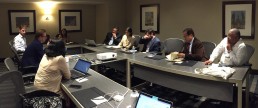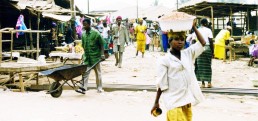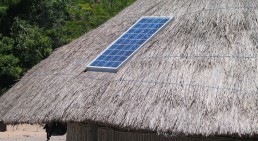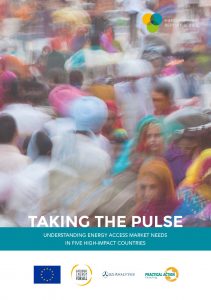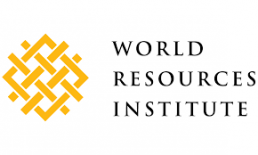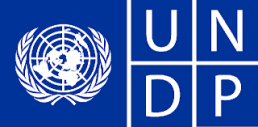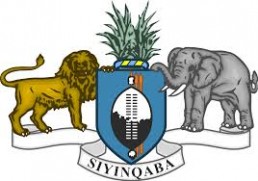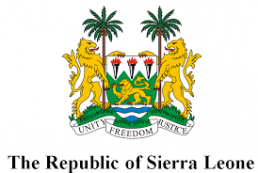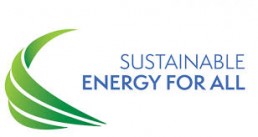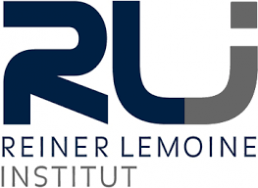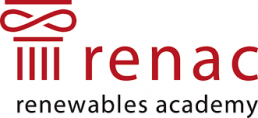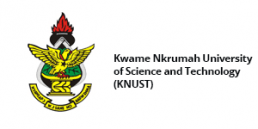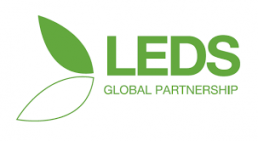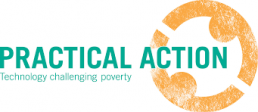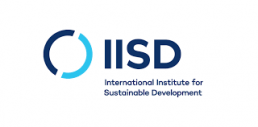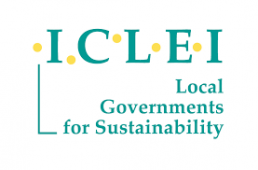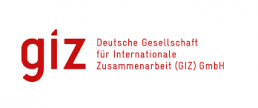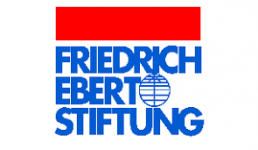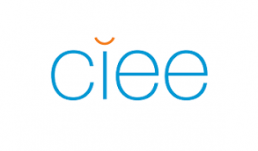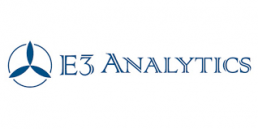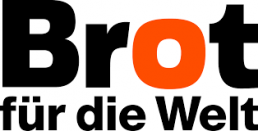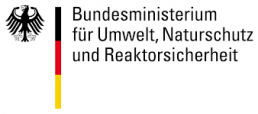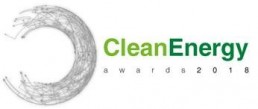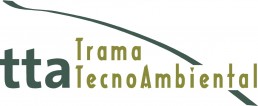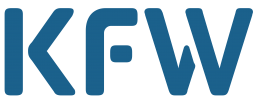Who we are
SD Strategies is a policy and communications consultancy. We focus on issues at the intersection of economic and social development, energy, and the environment. Headquartered in Berlin, Germany, SD Strategies often works as a collaborative work-desk partnering with leading individuals and institutions from all over the world. Our partners and clients are governments, international organizations, civil society actors and representatives of the private sector. Still in its first year, SD Strategies was named Best Energy & Economic Development Consultancy and received the 2018 Clean Energy Award from Global Energy Review.
News
-
 Just announced: SDS to run LEDS Energy Working GroupSDS has been contracted to chair the Energy Working Group (EWG), the longest standing work stream of the Low-Emissions Development Strategies Global Partnership (LEDS GP), bringing together over 500 practitioners from national governments, multilateral institutions, NGOs, and private companies. Highlights this year will be Community of Practices on Mini Grids Advancement (Africa), Renewables Grid Integration (Asia), and Bioenergy (Latin America & Caribbean). Activities will include technical assistance to individual governments; group work of like-minded countries; and the global dissemination of insights and analysis.
Just announced: SDS to run LEDS Energy Working GroupSDS has been contracted to chair the Energy Working Group (EWG), the longest standing work stream of the Low-Emissions Development Strategies Global Partnership (LEDS GP), bringing together over 500 practitioners from national governments, multilateral institutions, NGOs, and private companies. Highlights this year will be Community of Practices on Mini Grids Advancement (Africa), Renewables Grid Integration (Asia), and Bioenergy (Latin America & Caribbean). Activities will include technical assistance to individual governments; group work of like-minded countries; and the global dissemination of insights and analysis.
-
 The report advises decision-makers in their search for frameworks, methodologies, and models that help integrate climate objectives and multilateral environmental agreements with the sustainable development agenda.. The assessment includes textual analysis, technical guidelines, integrated models and visualisation software. Their smart use can support the design of a policy, programme or larger strategy towards one or several SDGs.Just launched: Evaluation of climate and development integration tools
The report advises decision-makers in their search for frameworks, methodologies, and models that help integrate climate objectives and multilateral environmental agreements with the sustainable development agenda.. The assessment includes textual analysis, technical guidelines, integrated models and visualisation software. Their smart use can support the design of a policy, programme or larger strategy towards one or several SDGs.Just launched: Evaluation of climate and development integration tools
-
 Just held: APEC Islands Energy & Transportation WorkshopAt a recent workshop in Washington DC, we brought together APEC member economies to explore how they can integrate their energy and transport systems to make both sectors reliable, affordable, and sustainable. The event is part of a larger project that aims at transitioning APEC islands to renewable power and electric transport. Learn more.
Just held: APEC Islands Energy & Transportation WorkshopAt a recent workshop in Washington DC, we brought together APEC member economies to explore how they can integrate their energy and transport systems to make both sectors reliable, affordable, and sustainable. The event is part of a larger project that aims at transitioning APEC islands to renewable power and electric transport. Learn more.
-
 Just published: Co-Benefits of Mexico's NDC ImplementationWe are pleased to share that we have completed the project 'Quantification of key cobenefits of the implementation of Mexico’s NDC for the achievement of the Sustainable Development Goals.' The key findings of the project were recently presented to the Mexican Government, to support Mexico in aligning its climate and sustainable development agendas. Supported by the GIZ and local implementing partners, the impacts of climate action on social, economic and environmental development were assessed, in line with the 2030 Agenda. Learn more.
Just published: Co-Benefits of Mexico's NDC ImplementationWe are pleased to share that we have completed the project 'Quantification of key cobenefits of the implementation of Mexico’s NDC for the achievement of the Sustainable Development Goals.' The key findings of the project were recently presented to the Mexican Government, to support Mexico in aligning its climate and sustainable development agendas. Supported by the GIZ and local implementing partners, the impacts of climate action on social, economic and environmental development were assessed, in line with the 2030 Agenda. Learn more.
Projects
Roadmap for the Integration of Sustainable Energy and Transport
We are pleased to announce that SD Strategies recently won a project to create a Roadmap for Integrated Sustainable Energy and Transport (RISET) for Asia-Pacific Economic Cooperation (APEC) islands and economies. It will serve as a technical, modelling, financial and political-regulatory template for application in interested economies across the region, including concrete information and data. Finally, the project will culminate in a workshop to train participants on the application of the roadmap and the tools included in it. The full report can be found here.
Assessing sustainable development benefits of Mexico’s NDC implementation.
The Mexican Government recently commissioned a study on the co-benefits of the implementation of Mexico’s NDCs for the achievement of the SDGs/Agenda 2030. The study identified a set of economic, social and environmental benefits that can be harvested across multiple sectors through the effective integration of the climate and SDG agendas. To further strengthen the case for this integration, this project, supported by the GIZ and implemented in cooperation with local Mexican partners, will quantify the impact of climate action on a selection of six key development areas. We will identify appropriate methodologies and apply them to available data. Ultimately, the project aims to garner cross and inter-sectoral support for the effective and ambitious implementation of both the SDGs and the NDCs agendas.
LEDS LAC Bioenergy Community of Practice (BioE-CoP).
Launched in 2016, the LAC BioE-CoP provides support for and facilitates peer exchange amongst, policymakers and experts who work to advance bioenergy policies and actions in their countries. Building upon broad technical, socio-economic, financial and policy debate in its inaugural year, the online sessions and in-person workshop in 2017 delved deeply into bioelectricity investment risks and de-risking measures. Responding to the demands of the currently 11 participating countries’, the 2018 focus is centered on biogas, and in particular the design of effective policy and regulatory environments capable of attracting investment in sustainable projects. For more information and materials from the CoP, click here.
Empowering women as managers in the renewable energy sector.
The contribution of women to economic development in APEC economies is far from reaching its full potential. With a fast-growing renewable energy sector in the region, there is a need for targeted programmes to ensure that women play an equal role in driving the clean energy transition. Together with the Renewables Academy (RENAC), we are supporting APEC with a capacity building programme for mid-career women that will allow them to become effective entrepreneurs, employees, decision-makers, and leaders in the renewable energy sector.
The half-year project Empowering Women as Managers of the Renewable Energy Sector includes intense online training and group work; a mentoring programme to support women in the development of their own business or project plan; and a 5-day in-person meeting for selected participants aimed at further skill enhancement and including the pitching of final business plans and networking opportunities.
Supporting renewable energy project pipelines in Africa.
We are currently undertaking a major scoping study to assess the needs and opportunities for financial support to scale-up electricity access in Sub-Saharan Africa through off-grid clean energy solutions. Together with our project partners Frankfurt School and TTA, we are developing a multi-layer index that will allow investors to assess the best technology solutions and business models in at least eight countries: Benin, Cote d’Ivoire, Ethiopia, Ghana, Mozambique, Senegal, Uganda, and Zambia. The costs-benefits-analysis includes indicators aiming at the assessment of current and future power demand; local market readiness; policy and regulatory frameworks; as well as financing needs and existing support mechanisms. The findings will inform the design of a financing programme to support energy access through small and medium scale clean energy solutions from stand-alone systems to mini-grids.
Designing a rural electrification and energy efficiency strategy for Sierra Leone.
At the request of the Government of Sierra Leone via the ECOWAS Center for Renewable Energy and Energy Efficiency (ECREEE) Help Desk, supported by the Clean Energy Solutions Center and the U.S. Agency for International Development’s (USAID) Power Africa initiative, SD Strategies advises the GoSL on its rural electrification strategy through analysing alternate energy access pathways, assessing potential business models, and designing an effective policy toolkit. We also assess the market potential for efficient lighting solutions and draft policies and measures that can attract greater investment in this key sector.
Advancing mini-grids as drivers of rural development in Africa.
Renewable energy technologies have advanced so much in recent years that mini-grid systems based on renewables are now often the most affordable, reliable, and sustainable option for electrifying rural and otherwise hard-to-reach communities. Despite this opportunity, uptake of mini-grid systems at the community, private sector, utility, and hybrid levels remains underwhelming throughout much of Africa. The LEDS Energy Working Group (EWG) and the LEDS African Regional Platform (AfLP) have created a Community of Practice supporting African governments in creating and advancing policies and programs aimed at accelerating energy access and rural development through the application of mini-grid systems. SD Strategies manages the EWG.
Publications
Contact
Contact us for support, media, or general inquiries.




